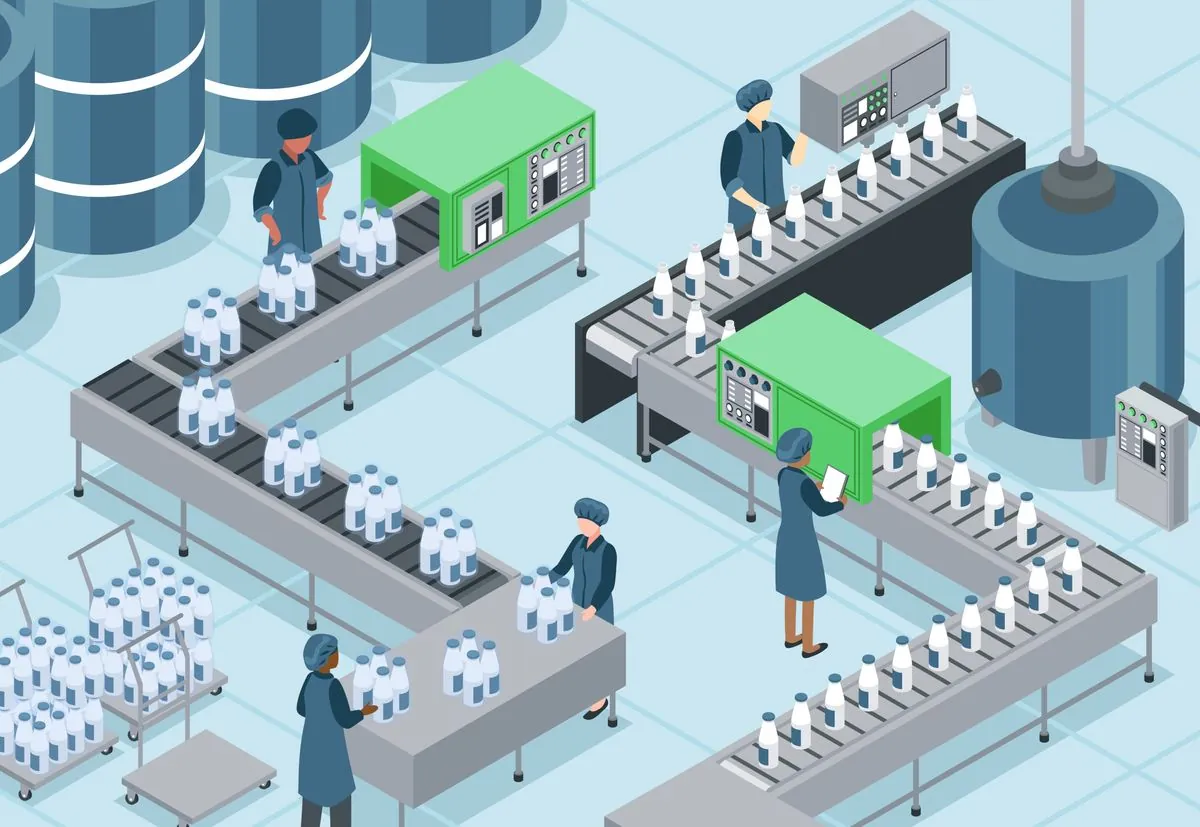California's PAGA 2.0: Balancing Employee Rights and Business Concerns
California's Private Attorneys General Act undergoes significant reforms, introducing measures to reduce penalties and encourage compliance. The new PAGA 2.0 aims to address criticisms while maintaining employee protections.

California's Private Attorneys General Act (PAGA), enacted in 2004, has undergone significant changes with the introduction of PAGA 2.0. This reform, effective June 19, 2024, aims to address longstanding concerns while maintaining employee protections.
Governor Gavin Newsom signed two bills, AB 2288 and SB 92, in June 2024, averting a contentious ballot measure. These reforms come in response to the growing number of PAGA complaints, which exceeded 5,000 in 2023, marking a 20% increase from the previous year.
PAGA allows employees to file claims for Labor Code violations on behalf of themselves and coworkers. While intended to enforce labor laws, it has faced criticism for creating excessive litigation and financial burdens on businesses.
Key changes in PAGA 2.0 include:
- Reduced penalties for proactive compliance
- New cure provisions for certain violations
- Introduction of Early Evaluation Conferences (EECs)
- Distinctions between small and large employers
The reforms offer up to 85% penalty reduction for employers taking "all reasonable steps" to comply before receiving a notice. This includes conducting payroll audits, implementing policies, and training supervisors on Labor Code compliance.

PAGA 2.0 expands cure provisions to include minimum wage and overtime violations, allowing employers to correct issues and make employees "whole" within specified timeframes.
For smaller employers (fewer than 100 employees), the law introduces a confidential proposal process to cure violations. Larger employers can request EECs to evaluate claims and potentially stay court proceedings.
The new penalty allocation adjusts to 65% for the state and 35% for aggrieved employees, compared to the previous 75-25 split. This change aims to balance state interests with employee compensation.
Katherine Catlos, a partner at Kaufman Dolowich LLP, advises employers to proactively address workplace issues by:
- Auditing wage and hour practices
- Reviewing payroll and timekeeping protocols
- Providing compliance training to managers
- Implementing new policies as needed
- Amending employee handbooks to include complaint procedures
These reforms reflect a broader trend in labor law, balancing employee rights with business concerns. The one-year statute of limitations for PAGA claims remains unchanged, emphasizing the importance of timely action by both employees and employers.
PAGA 2.0 represents a significant shift in California's approach to labor law enforcement. By encouraging proactive compliance and offering pathways for issue resolution, the reforms aim to reduce litigation while maintaining protections for workers.
As the legal landscape continues to evolve, employers and employees alike must stay informed about their rights and responsibilities under PAGA 2.0. The success of these reforms will likely be closely monitored in the coming years, potentially influencing future labor law developments in California and beyond.
"PAGA 2.0 allows, on or after Oct. 1, 2024, employers with fewer than 100 employees in total during the period covered by the LWDA notice to, within 33 days of receipt of said notice, submit to the LWDA a confidential proposal to cure one or more of the alleged violations and, upon completing the cure, provide a sworn notification to the claimant-employee and LWDA that the cure is completed, as prescribed."
This provision highlights the law's attempt to provide smaller businesses with more flexibility in addressing potential violations, reflecting the diverse needs of California's business landscape.


































